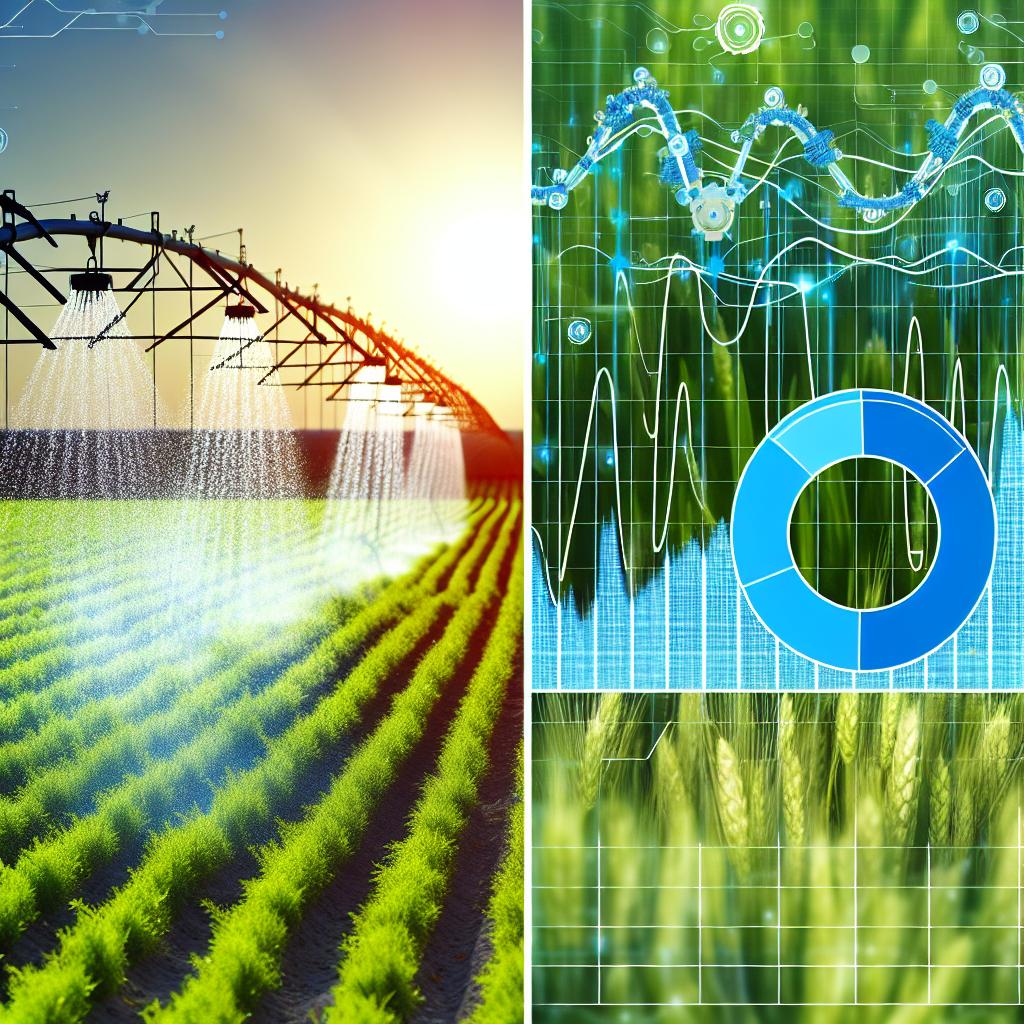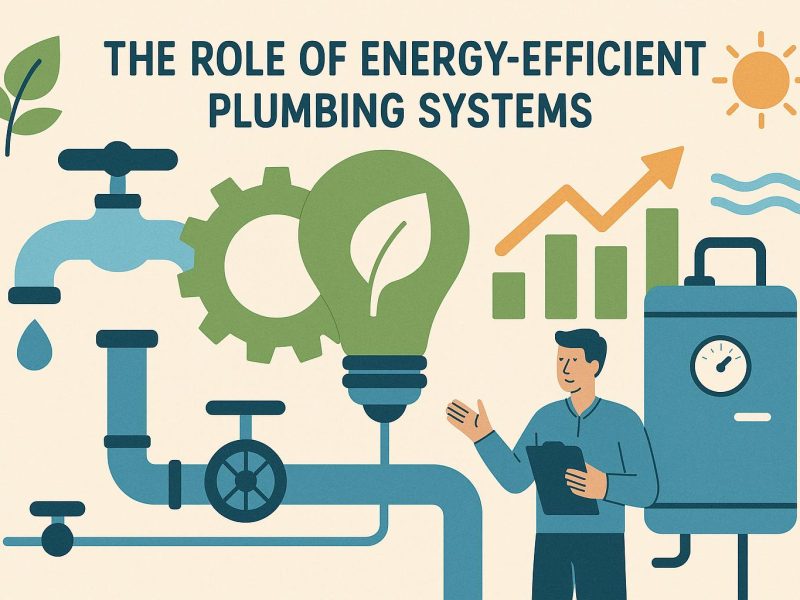The Importance of Smart Irrigation Systems
The agricultural and landscaping industries are experiencing a transformation through the integration of smart irrigation systems. These technologies revolutionize the management of water and energy by optimizing usage, thereby minimizing waste and ensuring that plants receive the exact amount of water needed for optimal growth. As the scarcity of global water resources becomes more pronounced and energy costs continue to rise, the implementation of smart irrigation systems provides notable advantages to industries reliant on effective water management.
Technological Components of Smart Irrigation Systems
Smart irrigation systems are underpinned by various technological features designed to optimize the use of water resources efficiently. Understanding these components is crucial to appreciating how these systems achieve their goals.
Sensors: Central to the effectiveness of smart irrigation systems are various sensors, including moisture, weather, and temperature sensors. These devices gather real-time data concerning the environmental conditions of specific areas. Accurate data collection is essential because it informs how irrigation schedules and water volumes are adjusted to meet specific needs.
Control Systems: The data harvested by sensors is fed into automated control systems. These systems are responsible for adjusting the irrigation schedules to ensure that watering is conducted only when necessary and in appropriate quantities. This automation eliminates human error and leads to significant water savings.
Connectivity: Many smart irrigation systems are equipped with internet-connected devices, allowing users to manage them remotely via smartphones or computers. This connectivity provides a level of convenience that enhances overall efficiency. Users can control their irrigation systems from virtually any location, enabling real-time adjustments as conditions change.
Rain and Freeze Sensors: These specialized sensors are crucial for preventing the system from operating during or immediately after rainfalls or during freezing conditions, which could damage the irrigation infrastructure. By incorporating these sensors, the systems become more resilient and capable of conserving additional resources.
Benefits of Smart Irrigation Systems
The deployment of smart irrigation systems offers several advantages that are particularly relevant in the current global context:
Water Conservation: Smart systems apply advanced sensor technology to curtail water waste by ensuring that watering occurs solely where and when it is truly needed. This is particularly important in regions where water scarcity poses a severe threat to sustainability and growth.
Energy Efficiency: The reduction in water usage achieved by smart systems has a direct impact on energy costs. By optimizing pump operations and decreasing the overall energy load, smart irrigation systems significantly lower electricity consumption, contributing to reduced operational costs.
Improved Plant Health: Precisely and timely managed irrigation schedules contribute to better plant health. By providing water in amounts aligned with specific plant requirements and environmental conditions, plants grow healthier, which is beneficial for productivity and aesthetics.
Reduced Labor Costs: The automation inherent in smart irrigation systems significantly reduces the need for manual labor. This allows agricultural workers and landscape managers to redirect their efforts towards other pivotal tasks, enhancing overall productivity.
Environmental Impact and Sustainability
Implementing smart irrigation systems is a strategic alignment with sustainable environmental practices. By minimizing the use of both water and energy, these systems help reduce the carbon footprint commonly associated with traditional irrigation methods. Moreover, they can play a vital role in alleviating the impacts of drought and water shortages, thereby contributing to a more sustainable ecological future. The ability of smart irrigation systems to decrease reliance on finite natural resources makes them an integral part of strategies geared towards sustainable development.
Challenges and Considerations
Despite the myriad benefits they offer, smart irrigation systems do come with certain challenges and considerations that need to be addressed for successful implementation and operation.
Cost: One of the most substantial barriers to adoption is the initial cost of setting up and installing smart irrigation systems. While these costs can be high, they are frequently balanced by significant long-term savings in water and energy expenses.
Technical Complexity: The sophistication of smart irrigation systems means that users will require training to operate and manage these systems effectively. A lack of adequate training could lead to improper operation, undermining the potential benefits of the system.
Data Dependency: The performance of smart irrigation systems heavily depends on the accuracy of data collected by the sensors. Any inaccuracies or malfunctions can result in suboptimal irrigation, negating the advantages of the system. Regular maintenance and calibration are essential to ensure continued accurate data collection.
For more detailed information on smart irrigation technologies and support for implementation, resources such as IntelligentWaterManagement offer excellent guidance.
In conclusion, smart irrigation systems represent an important step forward in the quest for water conservation, energy efficiency, and sustainable agricultural and landscaping methodologies. As technology continues to advance, these systems are poised to become more affordable and user-friendly, increasing their adoption globally. Overall, smart irrigation systems are instrumental in fostering a sustainable approach to water and energy resource management.



